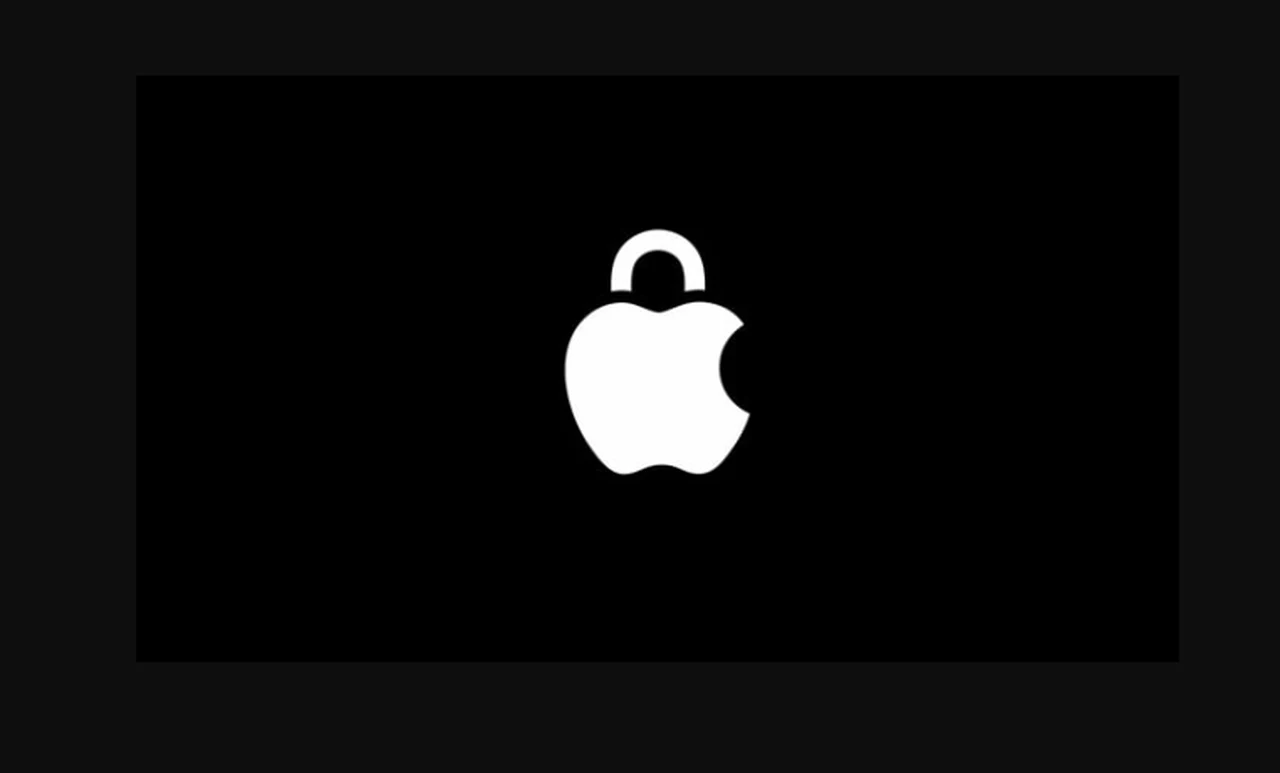An Apple-commissioned study has been released this week that reports threats to consumer data stored in the cloud have grown dramatically since the last report was published in December 2022. Report states that 2.6 billion personal records have been compromised by data breaches in past two years, highlighting the need for end‑to‑end encryption.
The study, conducted by MIT professor Dr. Stuart Madnick, reveals a disturbing trend. Data breaches have tripled between 2013 and 2022, and the situation further worsened in 2023. The report, aptly titled “The Continued Threat to Personal Data: Key Factors Behind the 2023 Increase,” provides a comprehensive overview of the escalating threats to personal data.
End‑to‑end encryption
End-to-end encryption is a method of secure communication that prevents third-parties from accessing data while it’s transferred from one end system or device to another. In end-to-end encryption, the data is encrypted on the sender’s system or device and only the recipient is able to decrypt it. Nobody in between, be it an internet service provider, application service provider, or hacker, can read it or tamper with it. Here are the key points to understand:
- Encryption and Decryption: Data is transformed into a secure form (encrypted) before transmission and is only transformed back into its original form (decrypted) at the destination. This encryption and decryption happen only at the endpoints.
- Keys Involved: End-to-end encryption typically involves public and private keys. The sender uses the recipient’s public key to encrypt the message. The recipient then uses their private key to decrypt it. This ensures that only the intended recipient can read the message.
- Data Security During Transit: The data is unreadable to any servers, routers, or other systems it passes through. This is crucial for sensitive information, as it protects the data from potential interception or hacking attempts during transmission.
- Applications: This form of encryption is widely used in various applications like messaging apps (WhatsApp, Signal), email services (ProtonMail), and in transferring sensitive data over the internet.
- Limitations and Challenges: While end-to-end encryption is effective at securing data in transit, it doesn’t protect against endpoint vulnerabilities. If a device is compromised, the data can be accessed. Additionally, if a user loses their private key, they lose access to their encrypted data.
- Privacy and Legal Implications: End-to-end encryption is a crucial tool for ensuring privacy. However, it can also pose challenges for law enforcement, as it can make it difficult to access potentially critical information during investigations.
The increasing digitalization of personal and professional lives is a significant factor contributing to the rise in data breaches. As more data is stored in the cloud, it becomes an attractive target for cybercriminals. The report reveals that over 80 percent of breaches in 2023 involved data stored in the cloud, and attacks targeting cloud infrastructure nearly doubled from 2021 to 2022.
Despite robust security practices, even the most secure organizations are not immune to these threats. Consumer data can still be compromised by hackers, underscoring the importance of strong protections like end-to-end encryption.
Advanced Data Protection for iCloud
In response to these growing threats, Apple has introduced Advanced Data Protection for iCloud. This feature employs end-to-end encryption, offering users an additional layer of protection for their iCloud data in the event of a data breach. iCloud already protects 14 sensitive data categories using end-to-end encryption by default, and this number rises to 23 for users who enable Advanced Data Protection.
Apple’s commitment to data security is reflected in its innovative features like Lockdown Mode and Advanced Data Protection for iCloud. These features, combined with Apple’s long track record of engineering powerful and innovative solutions, make its products some of the most secure on the market. The threat landscape, however, continues to evolve. In 2023, the number of data breaches nearly tripled compared to 2013, and this trend is set to worsen, with nearly 20 percent more breaches in the first nine months of 2023 than in any prior year.
Ransomware attacks, in particular, have seen a significant increase in 2023. There were nearly 70 percent more attacks reported through September 2023 than in the first three quarters of 2022. In fact, there were more ransomware attacks through September 2023 than in all of 2022 combined, leading to alarming trends both in the U.S. and abroad.
The study underscores the urgent need for strong data protection measures in the face of escalating threats to personal data. The increasing digitalization of our lives, coupled with the growing sophistication of cybercriminals, makes robust security measures like end-to-end encryption more critical than ever.
As the threat landscape continues to evolve, companies like Apple are at the forefront, developing innovative solutions to protect consumer data. However, the responsibility for data protection is a shared one, requiring a collective effort from organizations, individuals, and policymakers alike.
Read the report The Continued Threat to Personal Data: Key Factors Behind the 2023 Increase in full to learn more about the personal records that have been compromised over the past two years. Here are some other articles you may find of interest on the subject of Apple iCloud :
Filed Under: Apple, Top News
Latest aboutworldnews Deals
Disclosure: Some of our articles include affiliate links. If you buy something through one of these links, aboutworldnews may earn an affiliate commission. Learn about our Disclosure Policy.







